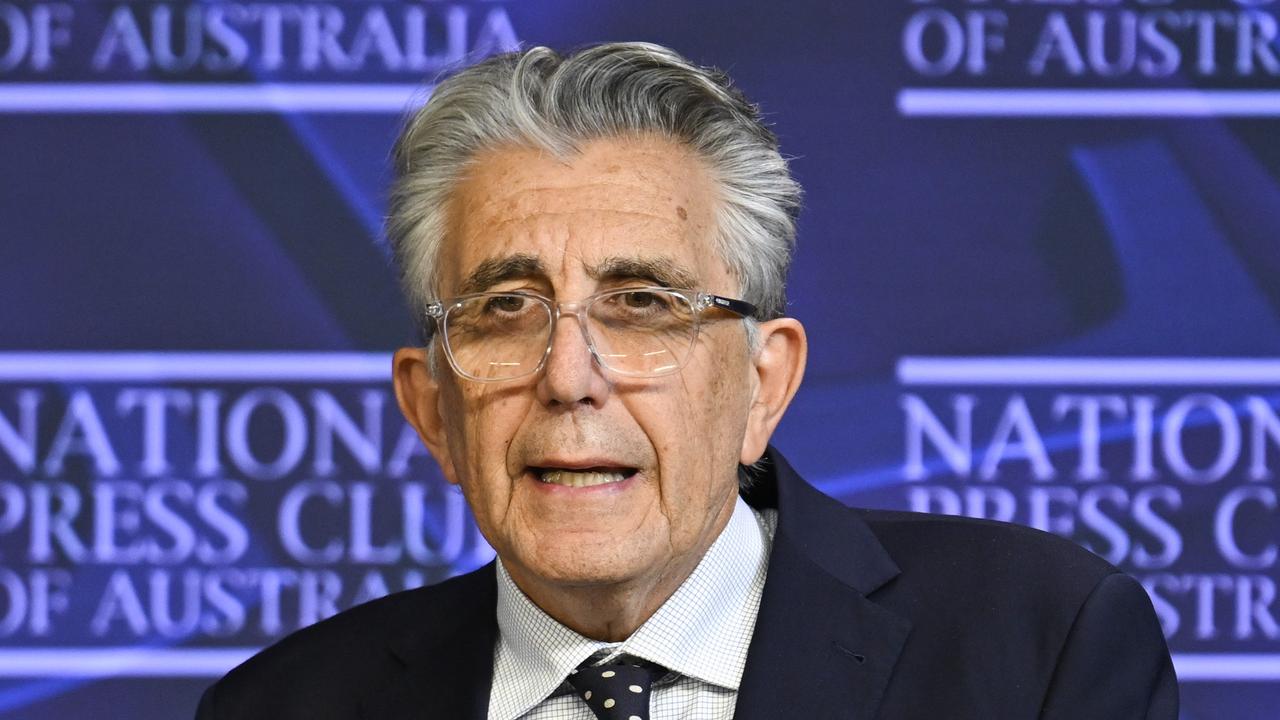Change in the air as lawyers look at taking a cut of client damages
THE profession is divided on whether lawyers should be able to take a cut of client damages.
IT’S fair to say Attorney-General George Brandis has had a rough week. But now he can turn his attention from free speech to a more pressing issue for lawyers — how they line their pockets.
The profession is divided on whether lawyers should be able to take a cut of client damages, but the Law Council appears to be getting behind change.
Britain approved changes to allow contingency fees for civil actions two years ago, and so far the sky has not fallen in.
One legal and business director of a major UK-listed company told Prejudice this week he had seen no spike in litigation but lawyers had become more commercial. He is about to launch a multi-million pound claim and has a firm offering to take only a share of the damages if successful. For him, that’s a better option than the uncertainty of hourly rates.
Lawyers backing change are correct — there is no reason in principle why percentage-based fees should be allowed only for funders, who add another layer of cost for the client. But as the funders have argued — perhaps lawyers also need to have skin in the game and be forced to wear adverse costs orders. That could be one way to guard against speculative claims.
The race is on
The hunt for someone to head the new Legal Services Council, which will oversee regulation of the profession, has been nobbled by the low salary on offer for the role. At around $200,000 it’s not all that much to entice the sort of high-level lawyer the profession wants.
The new council will consist of five members. The Law Council appears to have decided on Steven Stevens, a former Law Institute of Victoria president, as its representative.
But it will be up to the participating attorneys-general — currently NSW’s Brad Hazzard and Victoria’s Robert Clark — to pick someone for the job of commissioner and chief executive.
University of Newcastle professor Ted Wright, a former law reform commissioner, was in contention, but he is considered unlikely.
Other names in the mix for the separate role of chair include Henry Davis York managing partner Sharon Cook, former commonwealth attorney-general Robert McClelland and Murray Tobias, an acting NSW Supreme Court judge. Cook has already said she is standing down from her managing partner role. She has an obvious understanding of corporate practice and is well respected. McClelland is liked on both sides of politics. Whoever gets the job will need to at least get Western Australia and Queensland on board to deliver the real benefits of uniform regulation.


